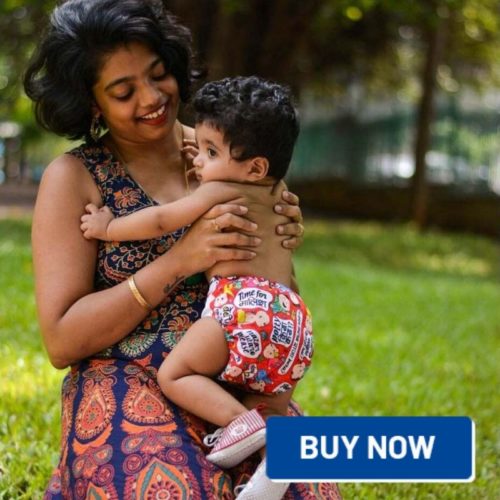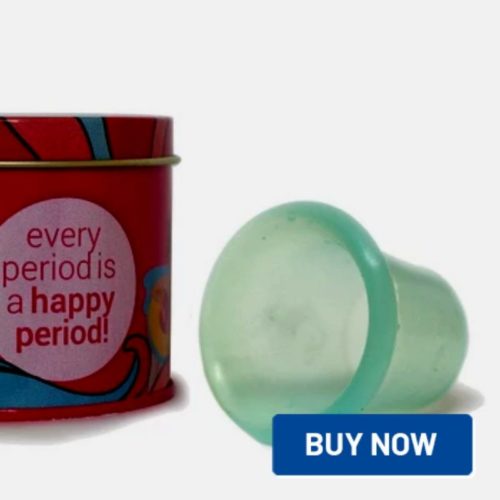Is Zero-Waste Parenting Possible? These Awesome Mums Share Their Tricks!
"As he is growing, he is the one to point out to me about wasteful use of plastic. It is important that children are exposed to our lovely planet and why it is important to protect it.”
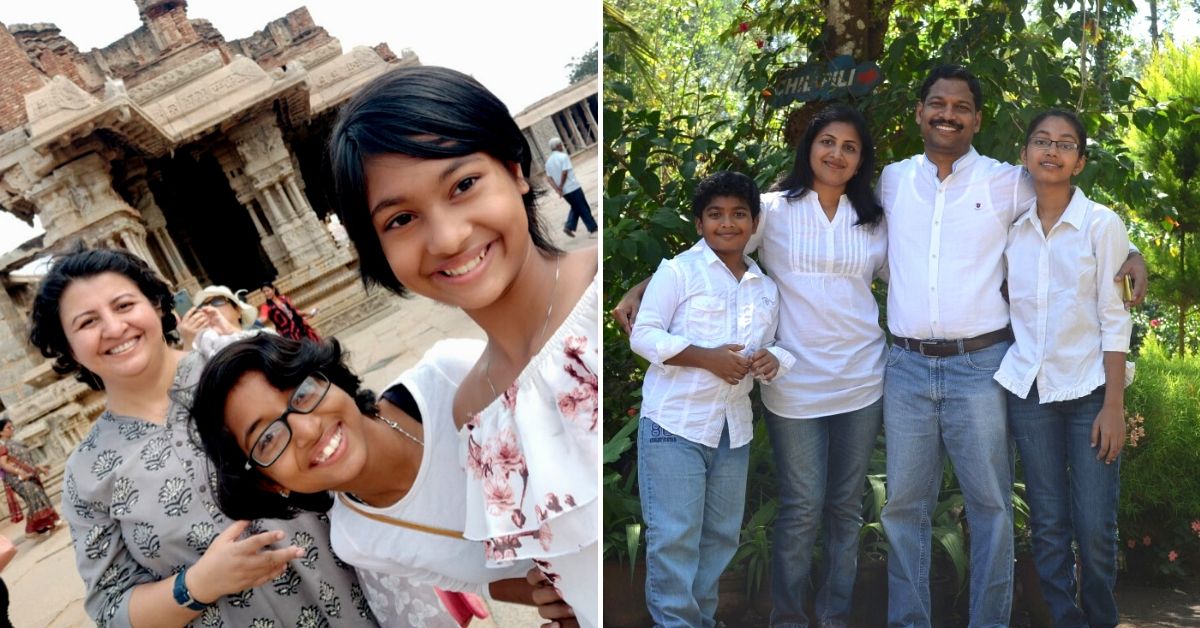
Zero-waste parenting is not just a hippie trend, but a way of life for many across the country and that signals excellent news for the planet and the children alike.
Bengaluru-based Malini Parmar, Mumbai-based Pallavi Utagi and Chennai entrepreneur Kalpana Manivannan are at the forefront of this movement, and here are their stories, for the benefit of other parents who wish to follow suit.
Diapers, waste segregation and steel cutlery- three roads to the same journey
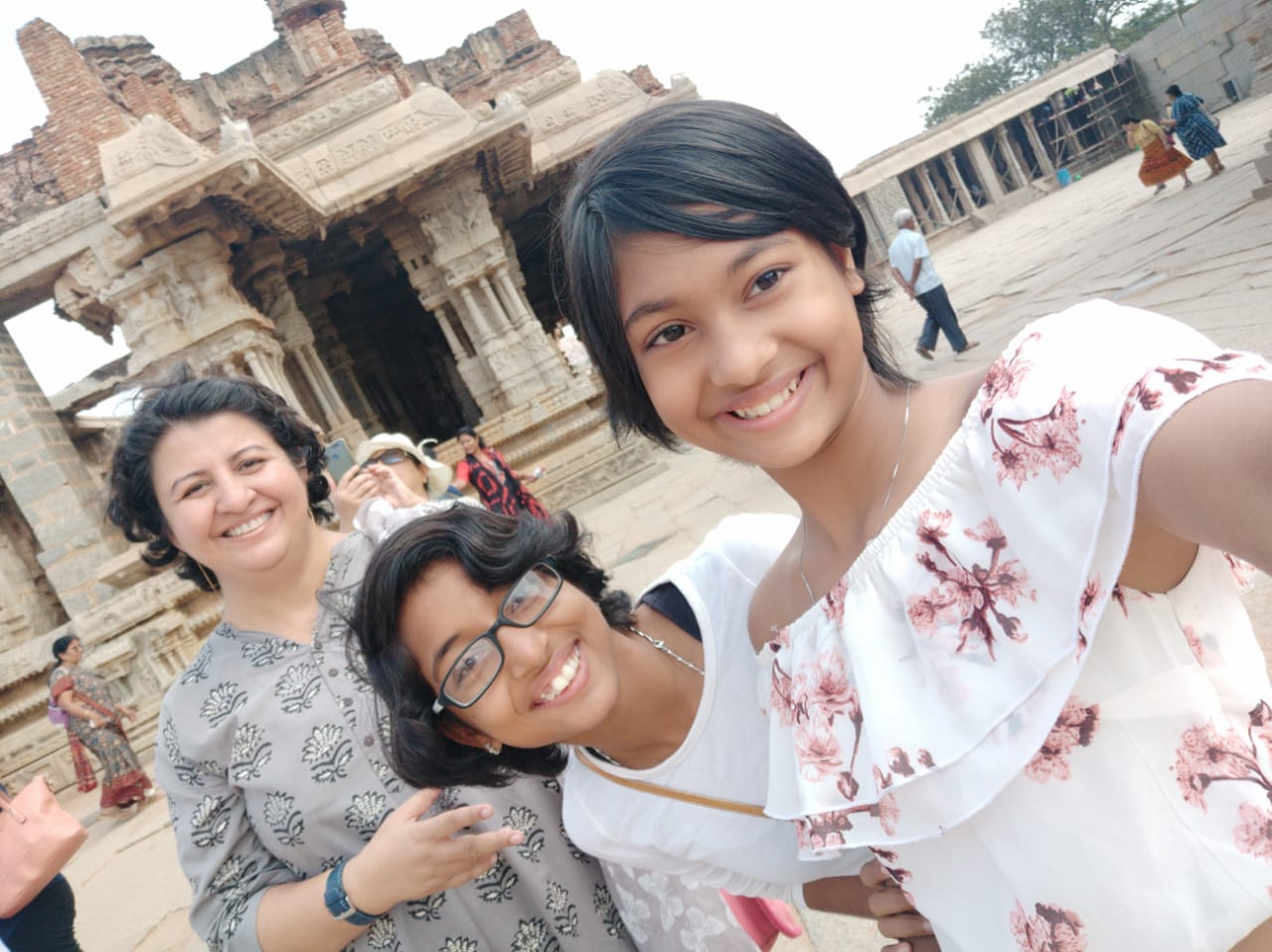
“The baby and child care products industry in India is criminally wasteful. We need stores that accept and sell used clothes, natural products that are safe for our kids, and role models who promote sustainability and non-violence,” says Malini Parmar, the co-founder of StoneSoup– an organisation that encourages sustainable lifestyles by supplying compost essentials as well as menstrual hygiene products
When Malini adopted her two daughters in 2009, she hadn’t planned on being a zero-waste single parent. But several episodes prompted the family to consider it very seriously.
“One Diwali, my elder daughter, T, developed breathing issues, that continued even after the festival was long over. Soon, I discovered that the indiscriminate burning of waste in my neighbourhood was causing this health scare, and so I decided to begin segregating wet waste from dry trash.”
Soon, Malini’s mother, who also lives with them, began to grow an organic vegetable garden in their backyard. The increased greenery and reduction in garbage burning eventually eased T’s breathing issues.
In nearly a decade, the Parmar family has gone from producing 2 kg of waste every month to just 300 gms. That’s significantly less than the number of onions we buy in a week!
Meanwhile, Pallavi’s journey towards zero-waste parenting started with the birth of her son, Kabir. She was appalled to see the environmental impact of disposable diapers, an ubiquitous item in any home with a baby.
“We would see basketfuls of plastic diapers going to landfills. This, along with human solid waste in them, would contaminate the groundwater eventually. The idea of ruining the planet to seek convenience in raising my baby seemed extremely selfish to me, and we decided to stick to cloth diapers for him,” she says.
Pallavi would eventually go on to found SuperBottoms a homegrown cloth diaper brand. These diapers help you stay sustainable while also saving you tons of money because unlike disposable diapers; you don’t need to spend a bomb every week.
While Pallavi and Malini found a problem and grabbed the opportunity to provide a solution, Kalpana Manivannan’s journey towards being zero-waste began with steel tiffins.
A biology teacher and entrepreneur, Kalpana started taking reusable steel dabbas to restaurants that otherwise served in disposable plastic containers.
“Honestly, going zero waste was never an impulsive decision that came from a single incident of inspiration. Rather, it was a consistent, step by step effort that we are still pursuing,” she shared with TBI.
Zero-waste parenting has its own obstacles
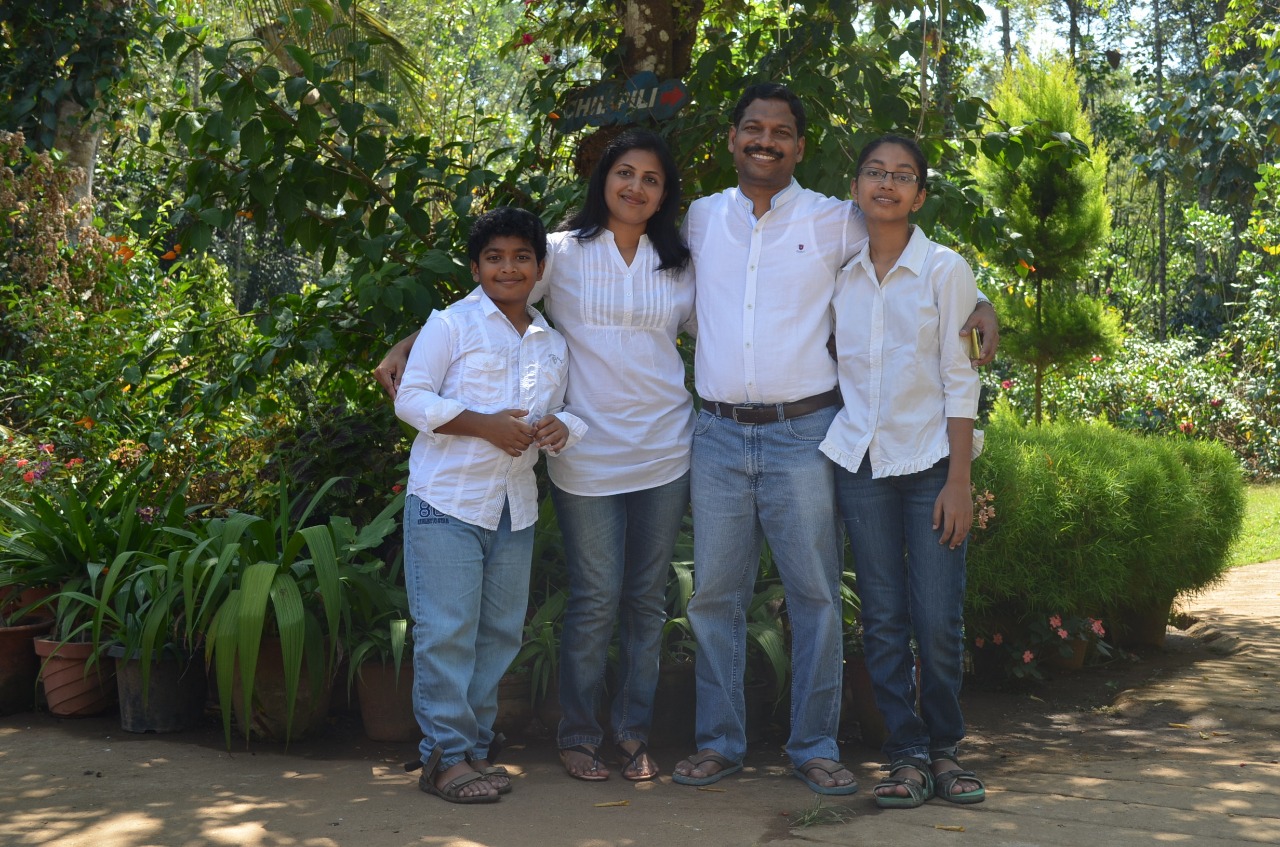
“The key challenge is knowing and finding alternatives because easily available products do not fit the zero-waste lifestyle. What has helped however, is the growing consciousness towards pro-earth and zero-waste choices with a lot of lovely people and portals like The Better India speaking about them. This helps in understanding the choices we can make and how. Slowly but steadily, one choice at a time has brought us to come to where we are,” explains Pallavi.
For Malini, the journey was filled with experiments—some worked, some didn’t—but she learned something new every single time.
“For example, we tried going vegan at the wrong time without enough research, and my daughter became B12 deficient. Now we are planning to shift when we have more time for research and more slowly by giving one thing up at a time,” she tells us.
Parenting is a challenge in itself and to shun the widely available products to make conscious pro-environment choices can seem burdensome. But with the right guidance and ready solutions, it can get easier. Check out this link for your cheat sheet on sustainable baby products, organic food and plastic-free toys.
The most important critiques to zero-waste parenting: Children!
Pallavi and Malini agree that being zero-waste saves money, and once you get used to it, it also becomes less of a hassle. But what about the kids?
“Thankfully, my children are growing up in an environment where they understand that being eco-friendly is the only way to be. For us, the biggest change has not been switching to alternative products, but becoming more mindful and embracing sustainable living,” says Malini, adding that the girls, who are now teenagers,
Like her, the now-adolescent girls also use sustainable menstrual products like cloth pads and menstrual cups.
Pallavi believes that her son does not think of this lifestyle, as something which is alternative. Like Malini’s girls, he knows that it is the only way to be.
“Be it using tooth powder instead of toothpaste, or choosing wooden toys over plastic, Kabir loves zero-waste and sustainable products and even advocates them to friends and family. I am also proud of the fact that he is growing up to be such an informed and sensible kid. It is important that children are exposed to our lovely nature and planet and explained why it is important to protect it.”
For Kalpana, the journey has advanced from taking steel cutlery to restaurants to replacing packed chips with dry fruits as snacks. Today, her family grows organic fruits and vegetables in their Chennai farm, and the children contribute in hand-making soaps, body butter and balms.
All three families went through their own challenges and have overcome them in the right spirit. For them, the only way is forward.
You may also like: Chemicals, Plastic & Cruelty: The Bad Side of Beauty Products You Cannot Ignore
(Edited by Gayatri Mishra)
Like this story? Or have something to share? Write to us: [email protected], or connect with us on Facebook and Twitter.
This story made me
-
97
-
121
-
89
-
167
Tell Us More
We bring stories straight from the heart of India, to inspire millions and create a wave of impact. Our positive movement is growing bigger everyday, and we would love for you to join it.
Please contribute whatever you can, every little penny helps our team in bringing you more stories that support dreams and spread hope.







